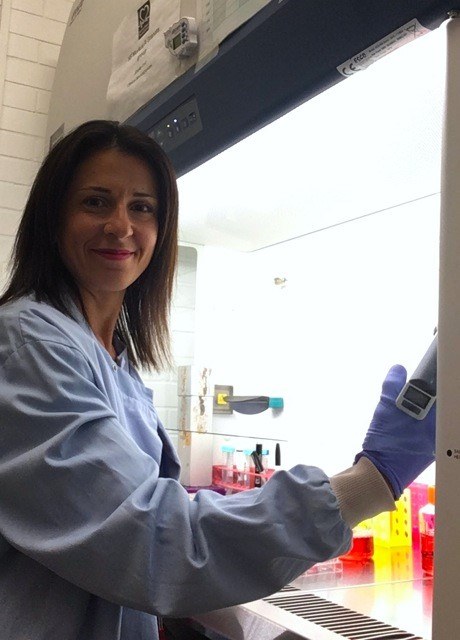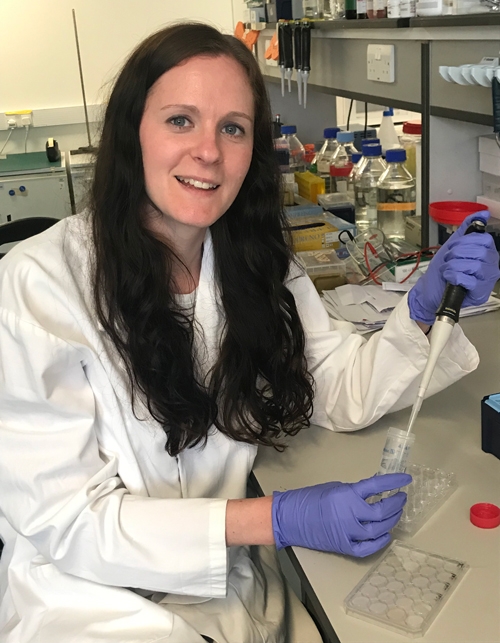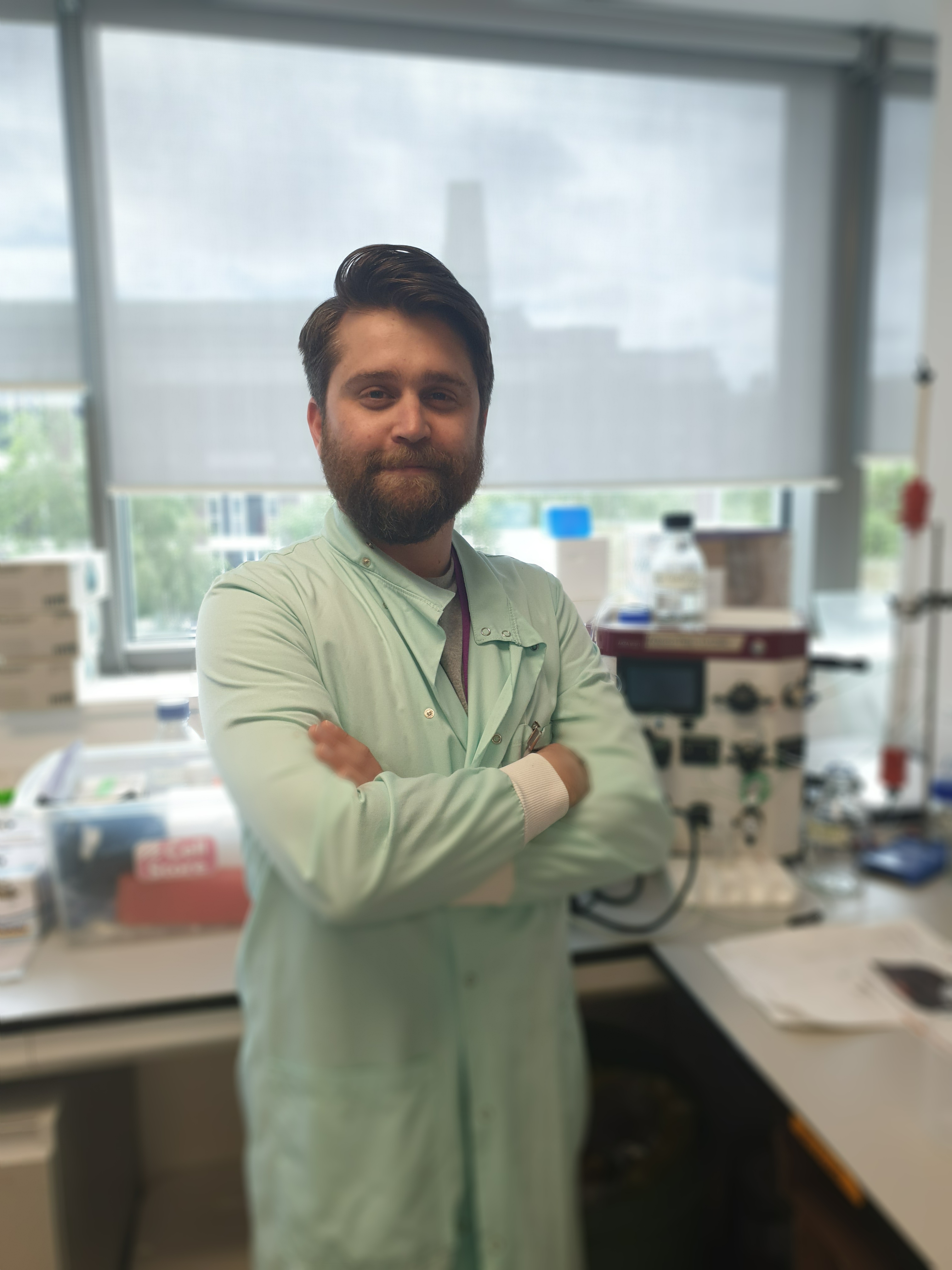New research to improve diagnosis and treatment of stroke in young adults
The Medical Research Foundation has awarded over £1 million of funding to support research aimed at improving diagnosis, treatment and post stroke-recovery in young adults.
Stroke in young adults can have a huge impact, often occurring when they are starting a family or already have young children to look after, and have yet to reach the peak of their careers. The economic, social and personal consequences can be devastating.Angela Hind PhD
Chief Executive of the Medical Research Foundation
Four mid-career researchers from across the UK were selected for funding, including scientists from the University of Cambridge, University of Birmingham, University of Oxford and University of Manchester.
Stroke is a major health problem that can have devastating consequences. It happens when the blood supply to the brain is cut off, causing the death of brain cells and dysfunction in one or more parts of the brain. The restricted blood supply can be the result of an artery supplying blood to brain becoming blocked, a blood vessel rupturing causing a bleed inside the brain, or a brief reduction in the blood supply to the brain.
People over the age of 65 are more likely to have a stroke, although around a quarter of strokes happen in young people of working age.
Angela Hind PhD, Chief Executive of the Medical Research Foundation, said: “Historically, we’ve thought of stroke as only affecting older adults but recent evidence suggests a growing problem in young adults.
“Stroke in young adults can have a huge impact, often occurring when they are starting a family or already have young children to look after, and have yet to reach the peak of their careers. The economic, social and personal consequences can be devastating. We consider this to be an area of high unmet need, which is why we’re supporting mid-career researchers who have the potential to be the research leaders of the future.”

Understanding the role of modifiable vascular risk factors in young patients with stroke or TIA (transient ischaemic attack)
Dr Linxin Li, University of Oxford
Dr Li will establish a new cohort of young patients with acute transient ischemic attack (sometimes referred to as a ‘mini-stroke’), ischaemic stroke (caused by a blood clot) and haemorrhagic stroke (caused by a bleed). The project will investigate the causes of these different types of stroke, as well as determining the contribution of treatable risk factors.
A better understanding of the role of treatable risk factors in young stroke could inform clinical guidelines on how to treat and prevent the condition.

A new model to study the genetic causes of stroke affecting young adults, using stem cells to generate brain blood vessels
Dr Alessandra Granata, University of Cambridge
Dr Granata will investigate the genetic causes of stroke in young adults by studying the most common ‘small vessel diseases’ that run in families – known as CADASIL and CARASIL. These diseases are thought to share a common disease mechanism, which results in the disruption of the extracellular matrix, a net-like structure that supports the small blood vessels in the brain. If this supporting tissue is disrupted, the vessel cannot function normally and can become leaky, so that material passes from the blood stream to the brain.
By better understanding how disruption of the matrix causes small vessel stroke, the researchers could potentially develop new treatments, which aim to correct its disruption.

Does subarachnoid haemorrhage in young adults accelerate brain ageing?
Dr Hannah Botfield, University of Birmingham
Dr Botfield’s work aims to determine whether stroke in young adults accelerates brain ageing through its effects on the cerebrospinal fluid dynamics system (CSF). The CSF is a clear, colourless liquid found around the brain and in the interconnecting cavities within the brain, and is important for maintaining brain health.
This work will provide further understanding of age-related changes that occur in the brain following a stroke and provide information about potential therapeutic strategies.

How do common infections alter the pathways that link blood clotting and inflammation, and is this a possible cause of unexplained stroke in young adults?
Dr Kieron South, University of Manchester
Dr South will investigate how infection changes the flow of blood through the blood vessels in the brain and how these changes caused can make stroke worse. Results of the investigation will be important in understanding how infection causes stroke in young adults and influence clinical interventions to reduce the risk of stroke in patients with infection.